20 August, 2020
4 Root Causes of Chronic Inflammation
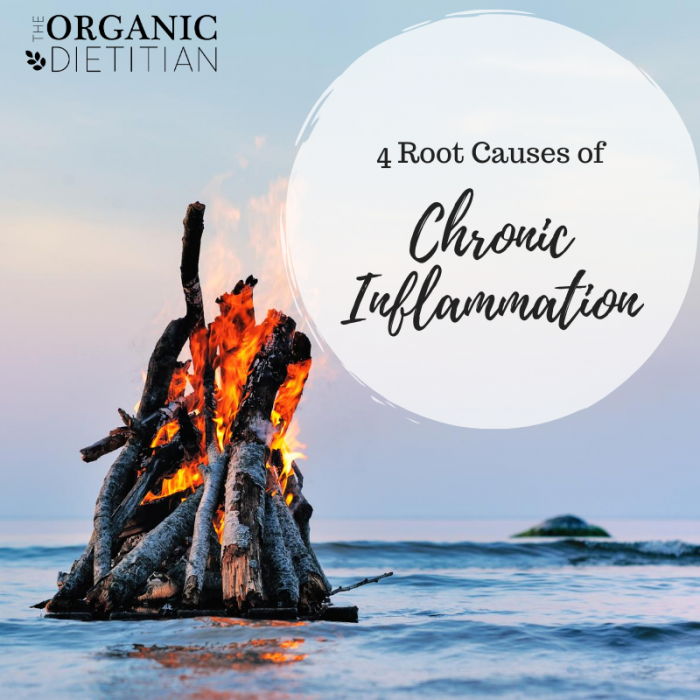
No matter your health and wellness goals, they’re likely linked to inflammation. Or, really, chronic inflammation.
Inflammation is a classic case of “too much of a good thing.”
Yes, inflammation can be a good thing! It’s a vital part of the body’s natural healing process.
But there’s a big difference between acute and chronic inflammation.
Acute inflammation is your body’s natural way of protecting itself when you’re injured or sick.
For example, when you get a cut on your finger, the surrounding area will inflame and trigger an immune response: blood vessels dilate to increase blood flow to the area, white blood cells are released to attack foreign invaders like bacteria, and the finger swells to cushion and protect the damaged tissue. After this immune response is complete, anti-inflammatory chemicals move in to bring everything back to normal.
However, whereas a cut leads to acute inflammation that serves an immediate need and gets turned off when all is complete, chronic inflammation never quite gets turned off. Your immune system is always on high alert.
This chronic, sustained inflammation is linked to an increased risk of most diseases and ailments, from estrogen dominance and PCOS to autoimmune diabetes and cancer.
Related: Estrogen Dominance…6 Root Causes That Are Easy to Miss
Related: 7 Reasons You’re Struggling to Lose Weight
So, no matter your health and wellness goals, you’ll benefit from calming chronic inflammation.
Unfortunately, you can’t simply use turmeric or fish oil your way out of inflammation! It would help if you addressed the root causes of inflammation first.
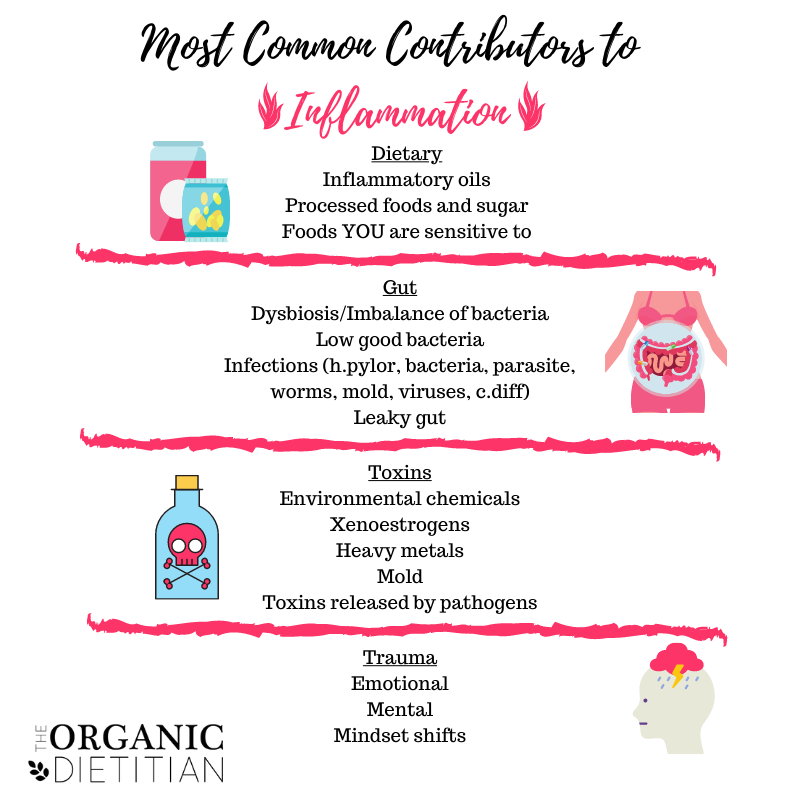
4 Root Causes of Chronic Inflammation
DIET
The food we eat can either help calm inflammation or fuel the internal fire.
Some of the most inflammatory foods include:
- Sugar
- High fructose corn syrup
- “Vegetable” oils, including canola oil
- Hydrogenated oils and trans fats
- Wheat and other gluten-containing grains (barley, rye and triticale)
- Alcohol
- Processed animal products
Does your diet currently include any of these pro-inflammatory foods? If yes, it’s time for an upgrade!
Start cutting back on these foods — slowly at first, if need be (there’s nothing wrong with baby steps!) — and focus instead on a nutrient-dense, real-food diet. Ultimately, there is no one-size-fits-all approach to eating to reduce inflammation. Much of it will depend on the health of your gut. There is more to determining if a food is good for you than its nutritional value. It is much more about what your gut can digest, absorb, and assimilate.
Beyond pro-inflammatory foods, food intolerances are another source of chronic inflammation. So, to calm inflammation and overall health, it’s critical to remove foods you are intolerant from your diet… at least for some time. Whereas most food allergies last a lifetime, an impaired gut barrier (“leaky gut”) is the cause of many food intolerances, and many intolerances can even be overcome by adequately healing the gut.
Related: How to Heal Food Sensitivities at the Root
GUT HEALTH
Not only are digestive issues uncomfortable, but they’re also a significant source of chronic inflammation and internal toxicity.
Related: Common Causes of Stomach Bloating + 5 First Steps to Beat the Bloat
“Leaky gut” or increased intestinal permeability is a significant and common chronic inflammation factor. “Known as ‘leaky gut,’ a compromised epithelial barrier allows toxins and antigens in the GI lumen to enter the bloodstream.” (Source) The body then launches an immune attack on these toxins, accompanied by inflammation.
Research has also found that certain strains of unhealthy bacteria and pathogens in the gut microbiome release toxins that trigger an inflammatory response, whereas beneficial bacteria create anti-inflammatory compounds. This is why a healthy balance of gut microbiota is so essential for healthy digestion and a healthy body as a whole.
TOXINS
Heavy metals, mold, and environmental toxins are all significant sources of chronic stress and inflammation in the body.
First and foremost, it’s essential to identify if and how you are being exposed to these toxins and then take the necessary steps to remove the exposure.
Then, supporting your body’s natural detox pathways with tools like dry body brushing and castor oil packs will help ensure your body effectively detoxes and removes these toxins.
However, since heavy metals bioaccumulate in the body and aren’t detoxed as easily as other toxins, they require a particular approach. Heavy metal detox is complex and should always be done under the care of a practitioner who knows what they are doing.
STRESS
Stress, including negative thought patterns deeply ingrained as a result of trauma, is a significant source of chronic inflammation in the body.
Of course, it’s impossible to eliminate all of our stressors. This is why it’s equally essential to build stress-management skills, reduce stress, and understand the role of unresolved trauma as key features of your daily wellness routine.
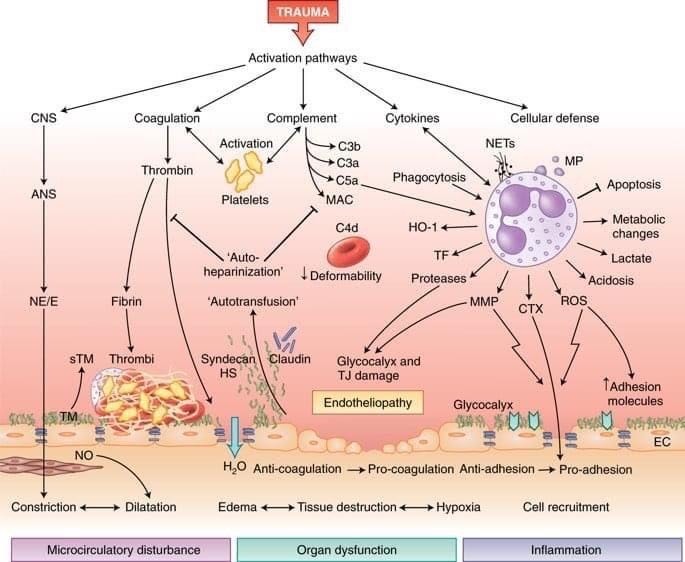
I enjoy and often recommend meditation apps like Headspace and Calm, though stress reduction looks different for everyone. For you, it may be reading for an hour before bed, relaxing during your lunch break, snuggling with a pet, or practicing a hobby. Whatever it is, do more of it! If necessary, add it to your schedule/calendar so it doesn’t get pushed to the bottom of your to-do list and forgotten.
So what do you think? Do any of these four root causes of chronic inflammation surprise you? Could chronic inflammation underlie any symptoms you’re currently working to address? What small steps can you take today to start calming the fire?
ARE YOU READY TO GET TESTED AND TURN YOUR HEALTH AROUND?




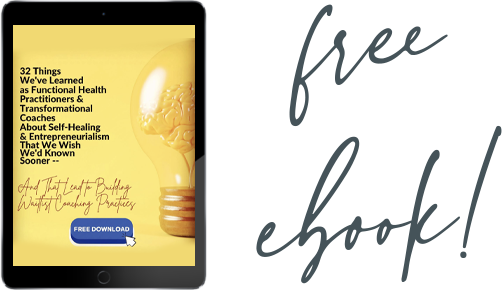

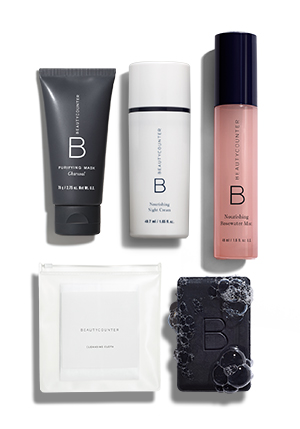
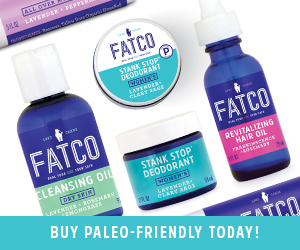







 80% of chronic dis-ease is rooted in stre
80% of chronic dis-ease is rooted in stre
 As
As 

Hi
I’m currently dealing with discomfort in my upper right abdomen. I have been diagnosed in the past with IBS, HIATAL HERNIA and GALLSTONES. I imagine it’s all linked to inflammation but I’m not too sure where to start. Would love some tips snd advice. Thank you.
Hi Ruby, There likely is a lot connected and multifactorial. There is no one size fits all approach and are tons of possible issues that could all be at play. The only way I could provide you with specific tips and advice is if you became a client. I couldn’t possibly begin to provide you suggestions without knowing a lot more and doing some deeper investigation. If you are interested in working with me the first step would be to book a Breakthrough session to make sure it is a good fit. I also have my Heal your Gut for Good group program coming soon.